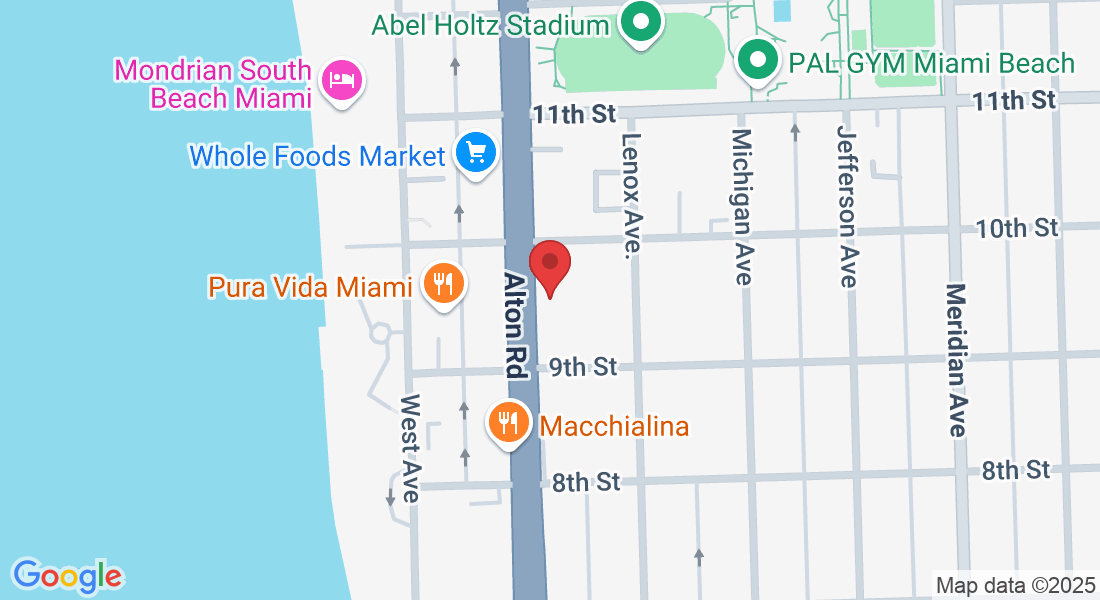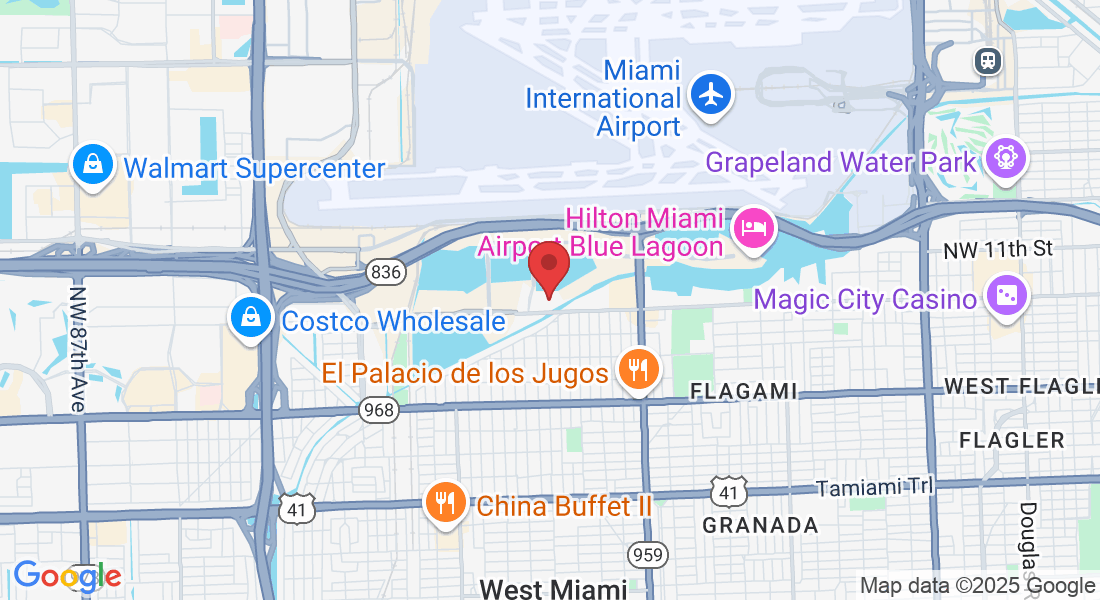📞Call Now: (305) 987-3053
THE ULTIMATE GUIDE FOR MIAMI WAREHOUSE OWNERS
How to Sell for Top Dollar-Fast!
Closing Without Surprises
Now, you've brought your property to market. You've done everything necessary in advance. You've priced it properly. You've got multiple offers coming in. You created that “auction” mentality. You got a bidding war going on. You took the best, highest-probability offer.
And so, here you are—under contract.
Truth Bomb: Under contract isn't the finish line. It's where the real work begins.
So let's talk about how we can make that process as smooth as possible to give you the highest-probability chance of getting the property closed. Many things can happen during a closing—and we'll get into how to avoid those.
Title, Lien Searches, and Municipal Liens
Most buyers will request that the property be delivered with a title that’s free and clear of any liens or encumbrances. That’s totally fair—you don’t want the next person to inherit your issues.
When a property goes under contract, the buyer will order title insurance, triggering a title search. This will uncover defects like:
- Municipal liens for utilities
- Mechanics liens from contractor disputes
- Other unknown encumbrances
Pro tip: Even if you're not selling this year, clear known title issues now. Your future self will thank you.
Even if surprises come up—like mail you never received—you can at least handle the things you're already aware of in advance.
Estoppels and Tenant Cooperation
When you're selling an income-producing property, buyers need proof your rent roll is real. That’s where estoppel certificates come in.
An estoppel certificate is a signed document from the tenant confirming:
- Their rent amount
- Their deposit amount
- Their lease terms
Trust Builder: No tenant will inflate rent for the Seller’s benefit. Estoppels offer bulletproof proof.
For large properties (100+ tenants), aim for 75–80% signed estoppels. For smaller buildings (under 20 units), get them all- or as many as humanly possible.
The best way to get cooperation is transparency. A simple face-to-face (don’t send a stranger) with tenants explaining:
“Your lease stays the same. A new owner must honor it. This is just to verify what's already in place.”
That’s usually enough to get them to relax enough to sign the estoppel.
Attorneys, Title Companies, and Environmental Consultants
Let’s break down the closing team:
Attorneys
Use attorneys for legal language and contract support—but don't let them negotiate. They get paid no matter what. Brokers only get paid if the deal closes.
Rule: Let your broker negotiate. Let your attorney protect you.
Title Companies
They handle title searches, flag title defects, and issue title insurance once everything is clean. Think of them like quality control.
Environmental Consultants
Buyers often hire these to conduct Phase I (and sometimes Phase II) environmental studies. If contamination is found, you'll need to address it—or discount accordingly.
Post-Closing Tax and 1031 Planning
If you've owned your property for 20, 30, 40 years—you’ve likely got a massive capital gain looming.
You can't always avoid taxes—but you can defer them.
2 Smart Tools:
- 1031 Exchange
Identify 3 replacement properties within 45 days of closing
Close on 1 (or more) within 180 days
- DST (Delaware Statutory Trust)
Fractional ownership in large, passive real estate deals
No management, long-term hold (5–10 years typical)
Some sellers just pay the tax and move on. That’s fine too. But if you want to reinvest and defer taxes, these tools are essential.
Closing Thoughts
Thank you so much for tuning in.
If you have any questions, we’re happy to answer them. Or if you'd like an opinion of value for your property, we can map out a custom strategy to get your property sold for maximum dollar.
Just visit: 👉 www.darkhorheencommercial.com Click “Request Valuation,” enter your info, and we’ll walk you through the steps to sell smoothly, profitably, and without surprises.
See you in the next chapter!
Assistance Hours
Mon – Fri 9:00am – 5:00pm
Phone Number:
(305) 987-3053
CONTACT US
Assistance Hours
Mon – Fri 9:00am – 4:00pm
Phone Number:
(305) 987-3053


